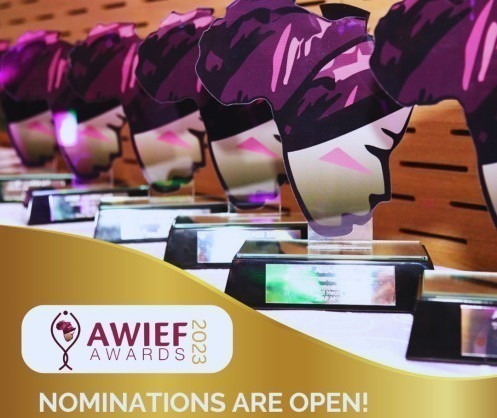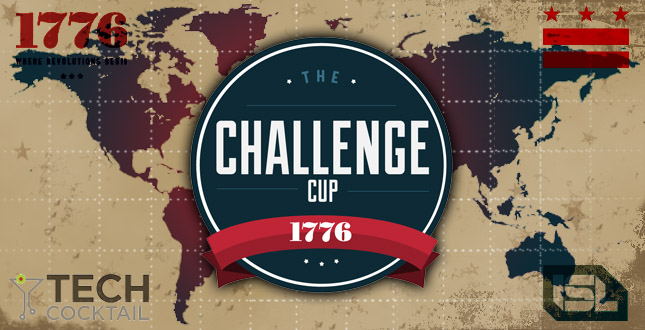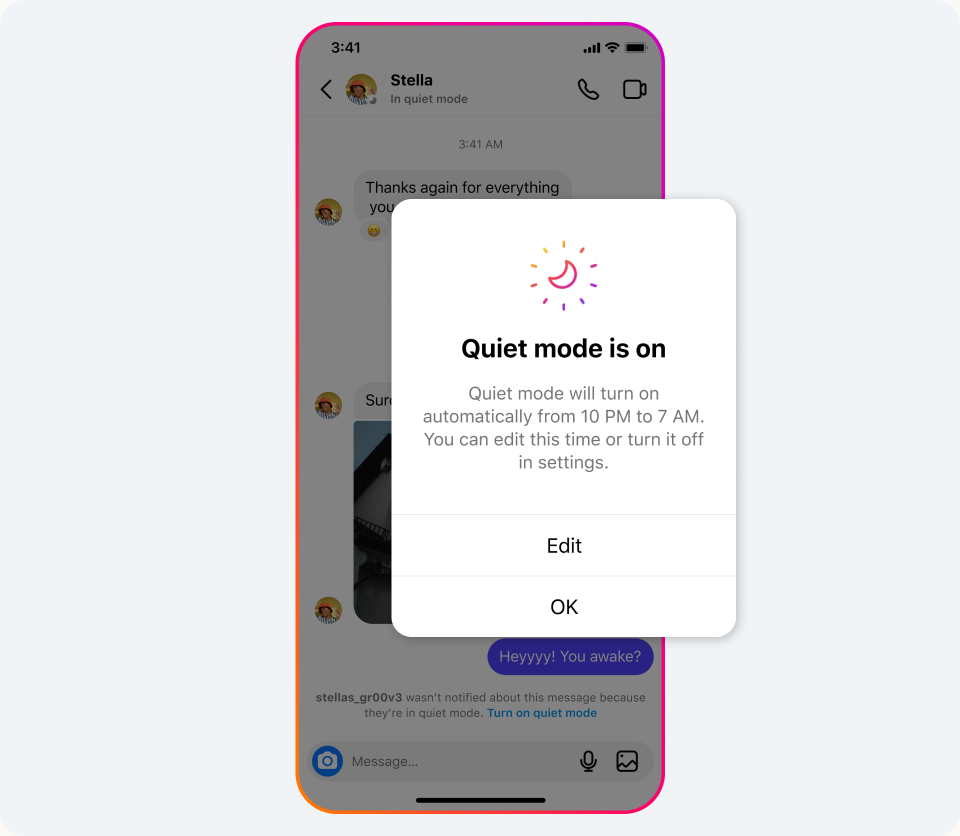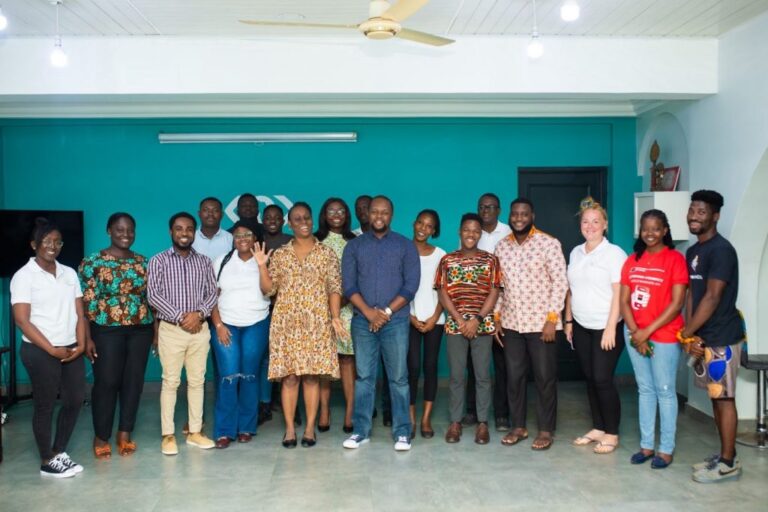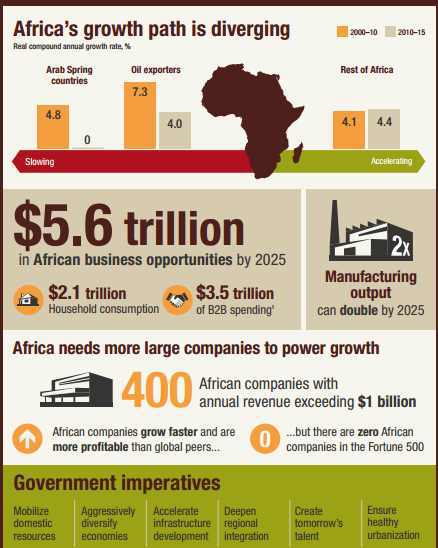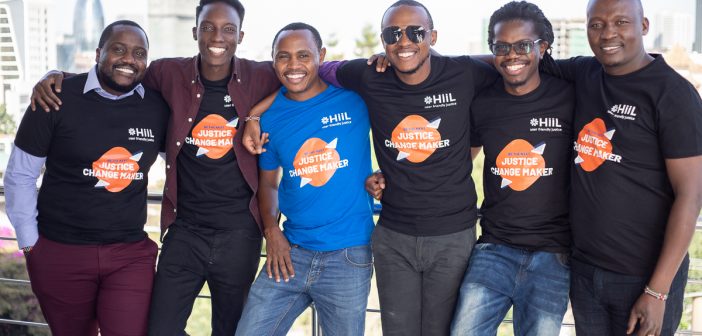6 Nigerian agencies have joined forces to combat data privacy violations by money lending fintechs.
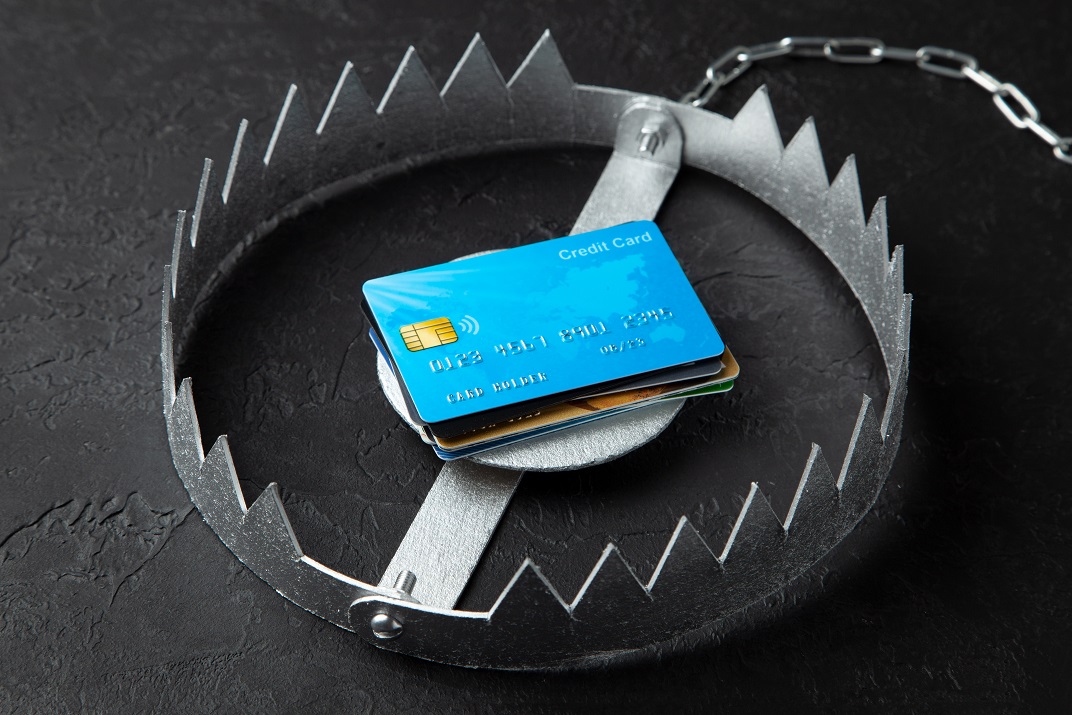
On May 15, 2021, I received a message from a lending company informing me that Mrs. X, whom I met during my National Youth Service Corps (NYSC) in 2020, had not repaid a loan they had taken. I was supposed to be listed as an emergency contact.
I was told not to believe this person if they said they had paid back, and that “unfriendly measures” involving the police and the Economic and Financial Crimes Commission (EFCC) were about to be taken against them.
The message concludes with the ominous, “You can also tell the debtor to remove you if you are unaware of this LOAN as you will be affected as well…”
On June 1, 2021, I received a similar message from the same company, but this time it was about a different person. While I was not subtly threatened this time, the exact amount the person was to pay was included in the message, along with account numbers into which the outstanding sum could be deposited.
Again, this was someone with whom I had little contact and whom I had met during my NYSC.
Soko Loan Company Limited, a Nigeria-based microloan platform, was fined $10 million by the National Information Technology Development Agency (NITDA) in August 2021 for data privacy violations.
According to Ripples Nigeria, the company appears to be on the verge of shutting down in October 2021, despite having paid the fine. However, no official statement has been issued by the company in response to this.
This appeared to be a positive step forward and a potential deterrent to others.
This is not an unusual occurrence. Many Nigerians receive unsolicited and embarrassing text and WhatsApp messages about close friends and family, and sometimes, as in my case, barely known acquaintances, from money lending companies.
The story is the same in Kenya, with many people reporting the same thing. These Kenyan lending companies, like their Nigerian counterparts, provide high-interest loans with clauses that essentially ask users to compromise their personal data as well as the data of others.
Immaculate Kassait, Kenya’s Data Protection Commissioner, revealed on Wednesday, November 10, 2021, that investigations are ongoing into an unspecified number of digital lenders for sharing borrowers’ confidential data in pursuit of defaulters.
In Nigeria, on Friday, November 12, 2021, the NITDA announced a collaboration with the Federal Competition and Consumer Protection Commission (FCCPC) to combat data privacy violations by money lending operators.
However, as of Monday, November 15, 2021, the FCCPC is collaborating with other agencies on this issue. The Central Bank of Nigeria (CBN), the National Human Rights Commission (NHRC), the Independent Corrupt Practices and Other Related Offences Commission (ICPC), and the Economic and Financial Crimes Commission (EFCC) are among them.
What does this have to do with your data?

The CBN is Nigeria’s apex regulator in the banking sector, granting and revoking licenses and issuing strict guidelines. Surprisingly, in Nigeria, money lending is regulated by the various states. The CBN appears to have had little to no influence in this area. So let us refer to them as spices.
The knife is another important tool, and the NHRC is a good place to start. The Commission was established in 1995 as an extra-judicial channel to assist citizens in combating human rights violations. Consider them an additional sword to be used in the fight against human rights violations, in addition to the courts.
To understand this, the functions of the various agencies must be reviewed. As the title suggests, imagine yourself in a kitchen setting.
The FCCPC is the first tool in this case.
Consider the Commission to be your customer service representative in any sector of the country. The FCCPC has ten strategic goals to help it with its work, one of which is to ensure consumer satisfaction. So, if I contact any of the “loan defaulters,” and they want to complain about the loan companies’ actions, this is a good place to start. Let us refer to them as the pot.
The CBN is Nigeria’s apex regulator in the banking sector, granting and revoking licenses and issuing strict guidelines. Surprisingly, in Nigeria, money lending is regulated by the various states. The CBN appears to have had little to no influence in this area. So let us refer to them as spices.
The knife is another important tool, and the NHRC is a good place to start. The Commission was established in 1995 as an extra-judicial channel to assist citizens in combating human rights violations. Consider them an additional sword to be used in the fight against human rights violations, in addition to the courts.
Both the ICPC and the EFCC fight crime, but the former focuses on corruption and other related offenses, whereas the latter is a financial crimes agency. If, during the course of an investigation, a money lending company, for example, commits an offense under their jurisdiction, they may face prosecution. Let’s call them the mallet, because they’re hammering away at criminals.
NITDA, on the other hand, as we established here, has among other responsibilities the oversight of information technology innovations and, more specifically in this scenario, data protection. We’ll call them water, because it’s a good base for most foods and an essential ingredient.
So, what’s on the menu in this kitchen?

According to the FCCPC, all six have “resolved to collaborate, pursue urgent enforcement action against already known violators while investigating others, as well as criminal prosecutions where applicable.” A joint task force of analysts and enforcers was also formed and activated right away.”
Essentially, we have a brigade of six different agencies pursuing all of the country’s erring money lending platforms.
“The Agency has received over 40 petitions from members of the public on the personal data abuse of some lending companies,” said Hadiza Umar, Head, Corporate Affairs and External Relations, NITDA.
“The collaboration with the FCCPC will result in a more robust and coordinated regulatory approach, which we believe will provide Nigerians with the necessary relief from the illegal use of their personal data for money lending operations.” The collaboration would include joint investigations, enforcement, and possibly prosecution.”
According to the NITDA statement, one of the complaints it received regarding Soko Loan was filed on behalf of a client by Bloomgate Solicitors in November 2019. Several violations involving unlawful data processing and refusal to cooperate with the Agency were discovered during its investigations.
Given the time lag between receiving complaints and issuing fines, this collaboration with other government agencies may be the best option. Cooking up a thick broth to serve money lending operators while attempting to keep your data safe.
I received a WhatsApp message from another lending platform a few days ago, on November 11, 2021; interestingly, it was relatively short. All it asked was that I inform the person in question about the loan’s repayment: no threats, no account numbers, and no mention of the amount owed.
Although this is still a violation of my privacy, could this indicate that businesses are becoming more cautious? We can’t draw any conclusions based on this single message, but it will be interesting to see how things play out in the coming months.


